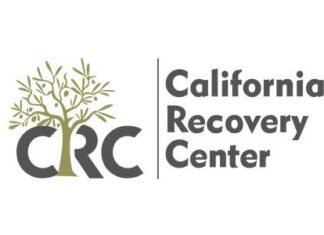Mary Milbrath, a registered nurse, is director of nursing and housing director of Laurels Edge Assisted Living in Mankato, Minnesota. Its memory loss unit has 15 apartments for people with Alzheimer’s disease, vascular dementia, Pick’s disease, and Parkinson’s disease.
She began there in 1998, months before the complex even opened. “Our biggest struggle early on, in terms of activities, was in trying to integrate people with memory loss along with people in our assisted-living apartments,” Milbrath said in a telephone interview. “The people in assisted living feared the unknown. Having people with dementia around was a constant reminder (to the people in assisted living) of where they could be (mentally) in ten years.”
She and her co-workers worked toward establishing this integration by creating a joint worship service between the two groups and having everyone gather for musical entertainment, which opened the door for mutual acceptance.
“People (with memory loss) struggle most with being lonely,” she said. “They often lack human contact, such as having someone there to hold their hand or have their shoulders rubbed. They may not be able to say your name, but they recognize you the minute you walk in. Their smiling just warms your heart. Some people have been here the whole time since our opening in 1998.”
Several of these original tenants have lost their ability to speak, but they still communicate nonverbally to Milbrath, such as holding her hand or smiling.
She said many visiting family members try connecting with their loved ones with memory loss by taking them for automobile rides. “And sometimes, I hear these family members saying the rides are difficult because there isn’t any conversation going on,” she said. “But (our tenants) still know their loved ones and appreciate them being there even though they can’t verbalize it. Again, they still communicate nonverbally.”
After working with people with memory loss the last decade, 61-year-old Milbrath often thinks about her own future, saying, “I’ve thought, What will happen to me? Who will care for me? Where will I end up living? Will my caregivers be respectful? I want to be treated like a human being. Caregivers should think how they would want to be treated if they had memory loss.”
She said one of her concerns is that many nurses and doctors have not had much training on how to communicate with patients with memory loss.
(21+ years strong)
Welcome to the brighter side!
Get in front of local customers! 24/7 (365)





















